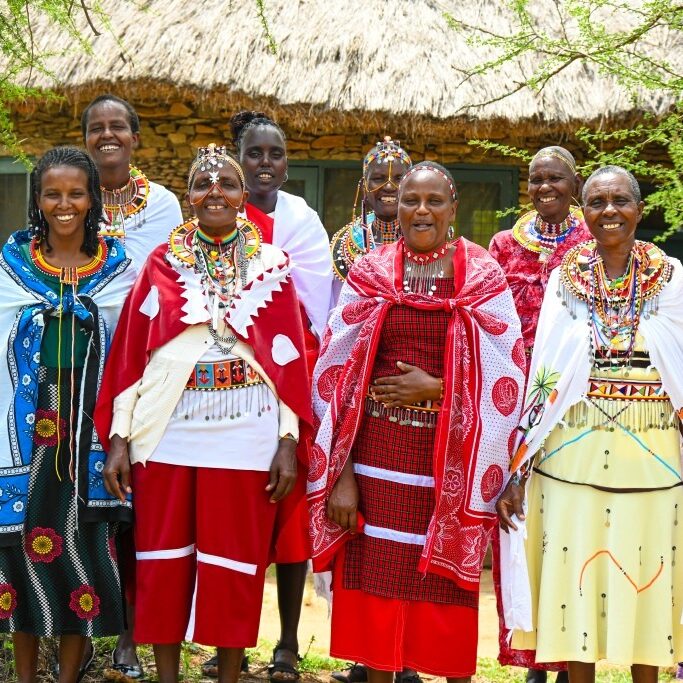Twala Tenebo:
Empowering Maasai women, preserving culture
About Us
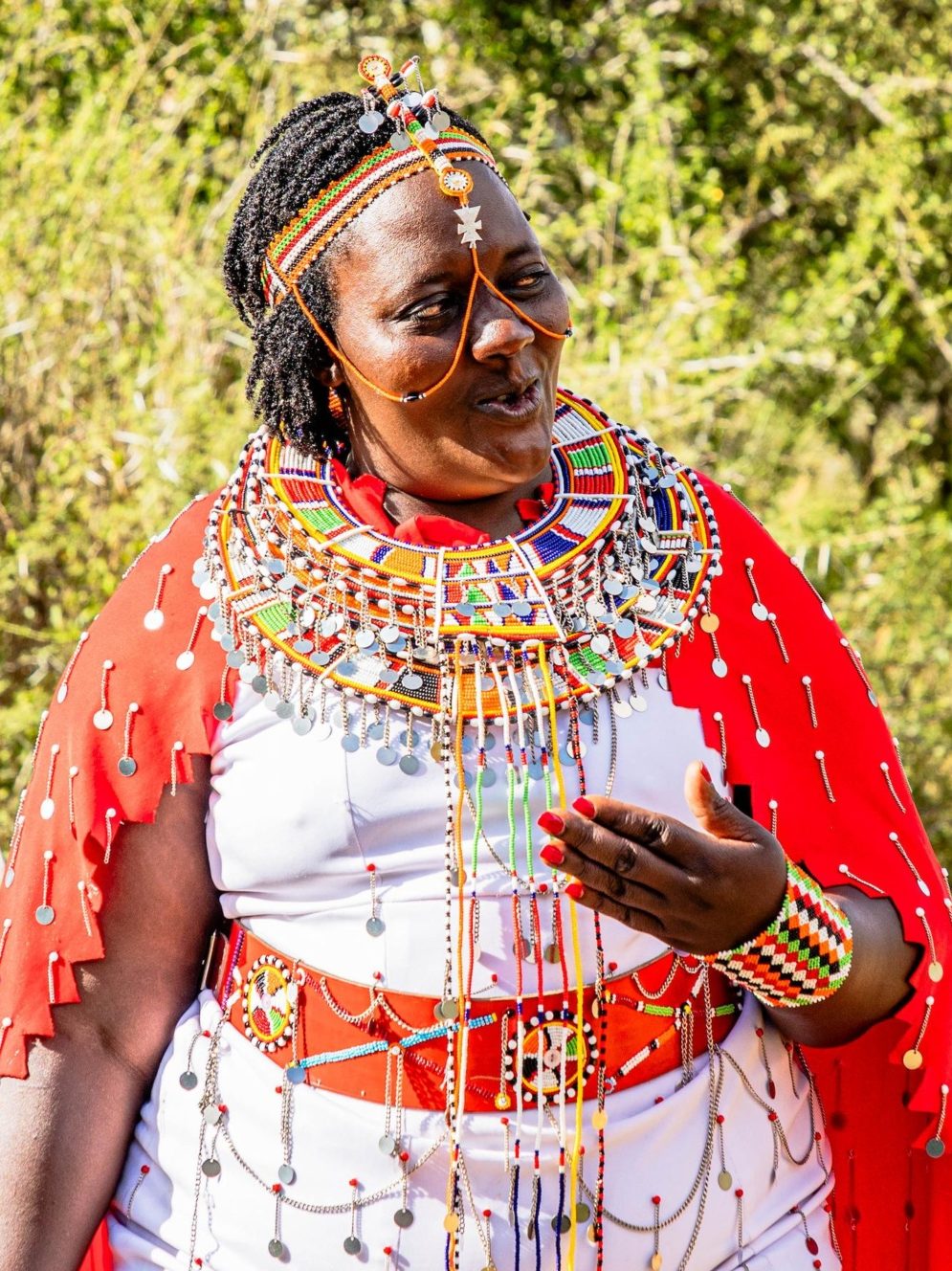
A portrait of Rosemary Nenini in the manyatta, smiling brightly.
A Message from Our Manager, Rosemary Nenini
Here is an introduction to the story. The journey, like that of many Maasai women, began with challenges, including early marriage and a world where women’s voices were silenced. However, a group of women were determined to break that cycle. In 2004, women from six different Maasai groups were brought together with a bold vision: to empower themselves economically and create a better future for their daughters.
In 2007, this dream became the Twala Tenebo Cultural Centre, built on land the collective was granted. The name means “bell ringing, come together,” and serves as a call to action. The goal was to ring a new bell—one that calls for equality, economic independence, and the preservation of culture to serve all community members. This is more than a business. It’s a sisterhood, a movement, and a beacon of hope for hundreds of women and girls in Laikipia
Who We Are
A Movement of Empowerment
The Twala Women’s Cooperative is a collective of over 200 Maasai women from six different groups in the Laikipia region of Kenya. Since 2007, the cooperative has been dedicated to challenging traditional gender roles and building a sustainable future. The members are mothers, artisans, and leaders who have turned traditional skills into profitable enterprises. Every venture, from beadwork to the aloe farm, serves a dual purpose: providing income for families and funding community projects.
For Women: The cooperative provides a platform for economic empowerment, skills training, and respected leadership within the community. Its success has inspired a shift in traditional attitudes, with elders and men now encouraging women’s involvement.
For Girls: The cooperative is committed to ending harmful practices like FGM and early marriage by supporting girls’ education. A portion of profits is invested into a girls’ boarding block, creating a safe and empowering space for the next generation of leaders.
For Our Community: The cooperative cares for its most vulnerable members, including elderly women with no income and abused girls. This work fosters economic stability and promotes a culture of respect and support.
Our Approach
01.
— Our Mission
To empower Maasai women with the tools and resources to achieve economic independence, preserve their cultural heritage, and advocate for sustainable community development.
02.
— Our Vision
A just, dignified, and sustainable future where Maasai women are respected leaders, economically self-sufficient, and the proud custodians of their culture and environment.
03.
— Our Story
Tell the journey from the group’s founding in 2007 to its present success. Explain the meaning of “Twala Tenebo” and the significance of reclaiming their independence.
A Model of Empowerment
The cooperative’s approach is a holistic model centered on women, culture, and conservation. The goal is to move beyond short-term relief and instead build long-term, self-sustaining community development. This is achieved through a mix of sustainable enterprises, cultural preservation, and a commitment to social change..
Economic Empowerment
At the core of the approach lies economic independence for every woman in the cooperative. The enterprises are designed not only to generate income but also to build skills, confidence, and leadership abilities. Through ventures such as ecotourism, beadwork, and sustainable agro-enterprises, each woman contributes to and benefits from the collective success. The profits are shared among members, directly supporting their families and providing a reliable source of income that is controlled by the women themselves.
Cultural Stewardship
The cooperative believes that cultural heritage is a source of strength, not a barrier to progress. Instead of abandoning tradition, the Twala women embrace their Maasai heritage and share it with the world through the Cultural Centre. This is not a static showcase, but a living, breathing experience that promotes a deeper understanding and appreciation of their way of life. By reclaiming their cultural narrative and using it to attract tourists, they have transformed their traditions into a source of pride and revenue, ensuring its preservation for future generations.
Social Transformation
The cooperative’s work actively challenges harmful cultural practices and advocates for social change from within the community. The economic independence of the women has given them a powerful voice in family and community decisions, shifting traditional power dynamics.
Girls’ Education: The cooperative provides direct financial support for girls’ education, enabling them to escape early marriage and female genital mutilation (FGM). By supporting the Girls’ Boarding Block at Il Polei Secondary School, they are investing in a future where girls have the same opportunities as boys.
Community Advocacy: Through their success, the Twala women have become respected leaders who actively participate in community dialogues. This has opened conversations with elders and men, encouraging a more progressive and equitable approach to gender roles.
Environmental Conservation
The cooperative’s location in the semi-arid Laikipia region means that environmental sustainability is integral to the mission. Their approach to conservation is intertwined with their economic activities.
Sustainable Farming: The cultivation of Aloe secundiflora for commercial sale is a more sustainable practice than traditional livestock grazing, which can contribute to land degradation.
Agro-Tourism: The guided indigenous plant walks and conservation-focused baboon tours promote a greater awareness of and respect for the local ecosystem among both visitors and community members. The cooperative demonstrates that it is possible to prosper while acting as responsible stewards of the land.
This multi-faceted approach creates a powerful, self-reinforcing cycle: economic independence for women leads to social empowerment, which in turn strengthens their ability to advocate for conservation and cultural preservation, creating a better community for all.
Meet the Leaders
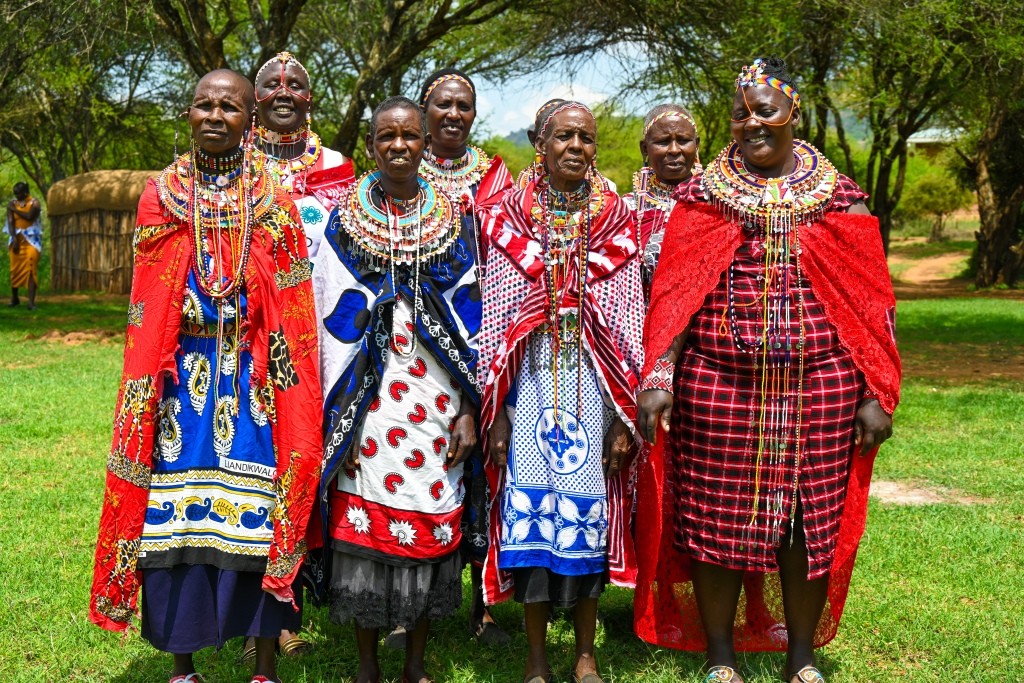
FOUNDERS
Tenebo (togetherness). Our journey began with a shared vision among these remarkable women. Their collaboration continues to drive our mission of empowerment, education, and land conservation.
Meet the Staff
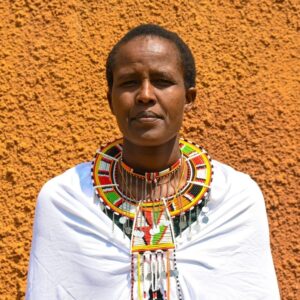
Jennifer Sintaroi
Chairlady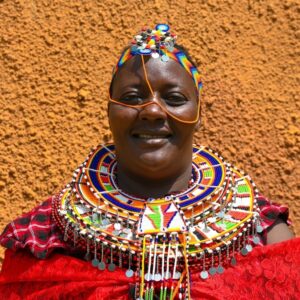
Rosemary Nenini
Manager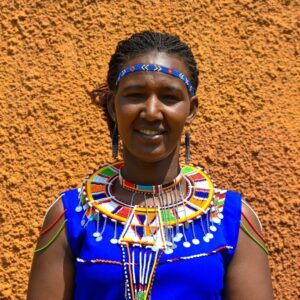
Magdaline Pois
Accountant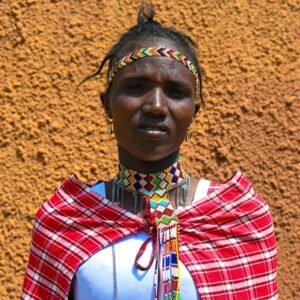
Grace Rana
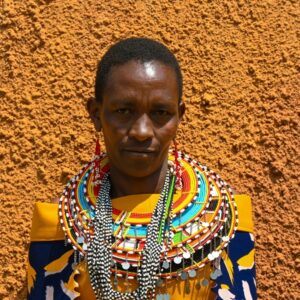
Regina Koinage
Our Member Groups
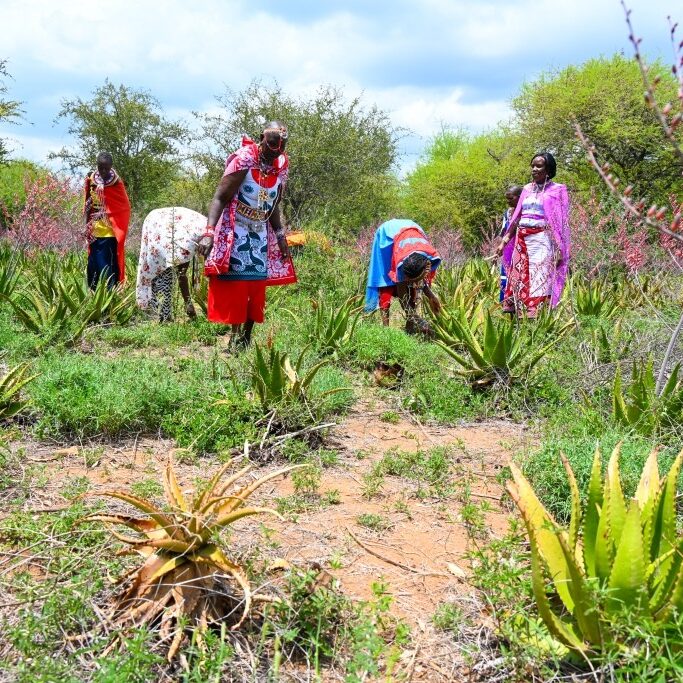
Naserian
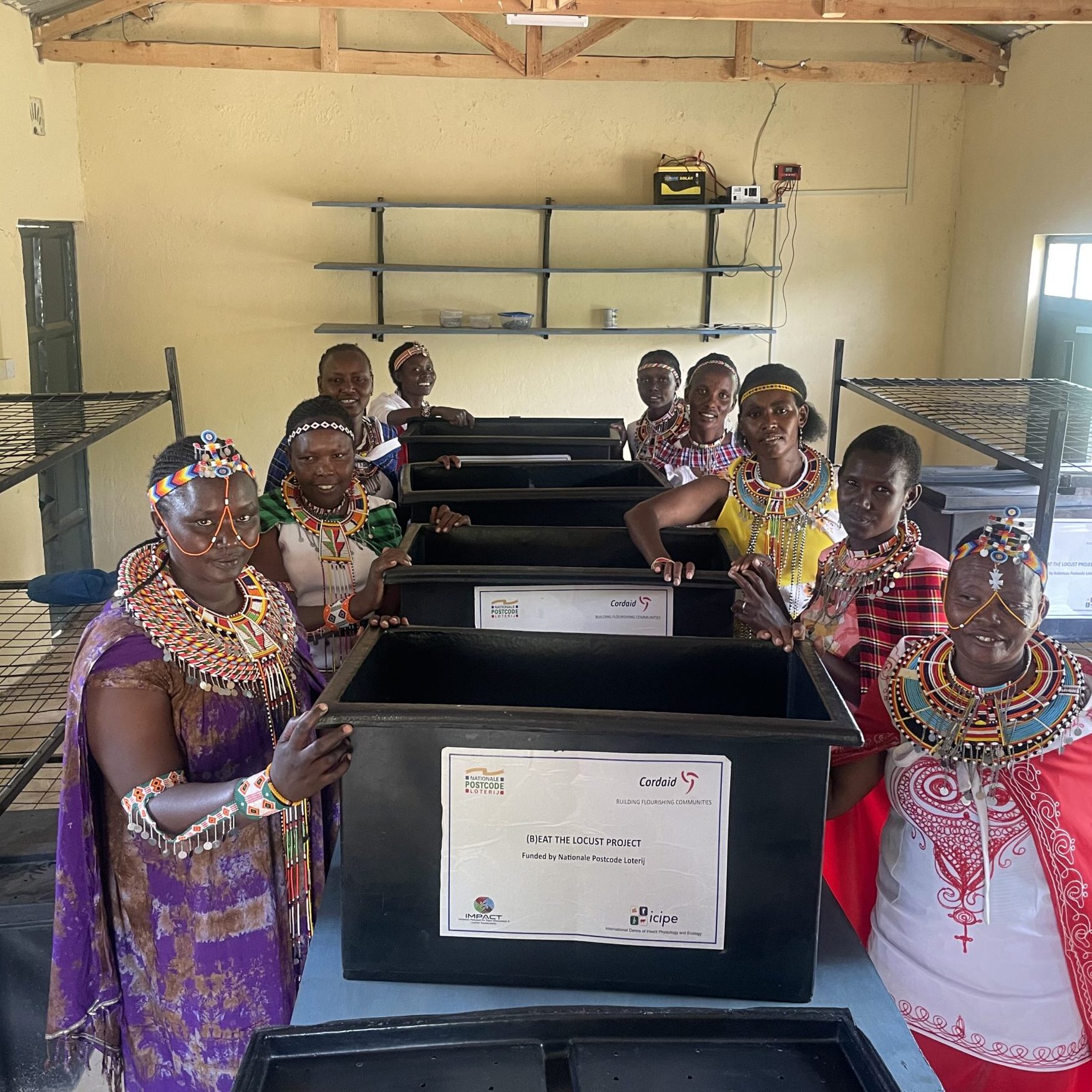
Melau
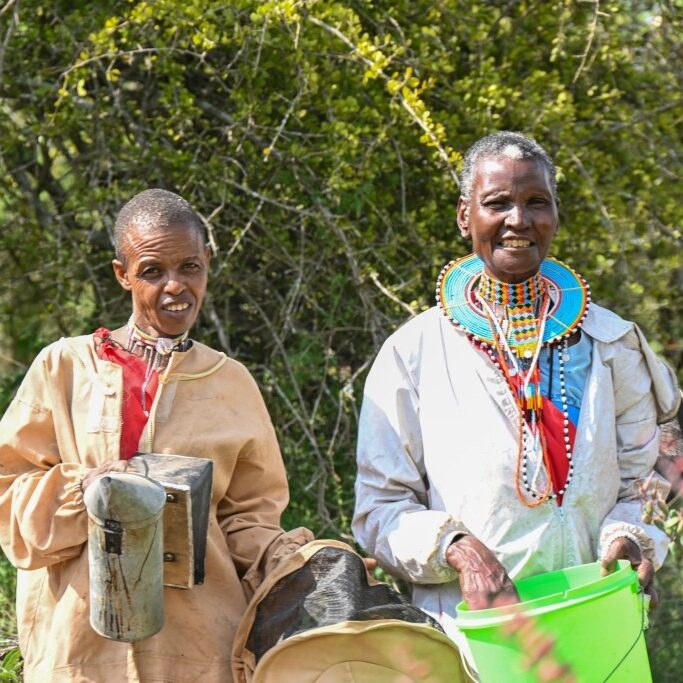
Mejooli
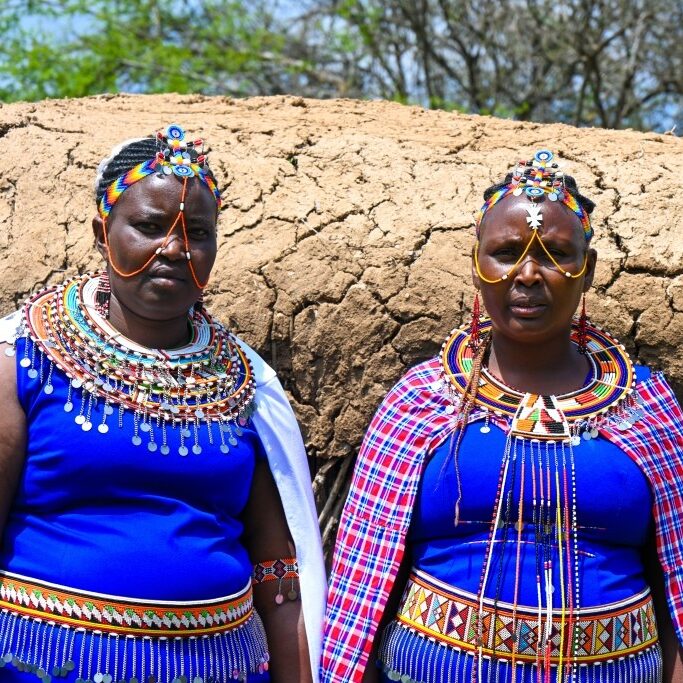
Munipisha
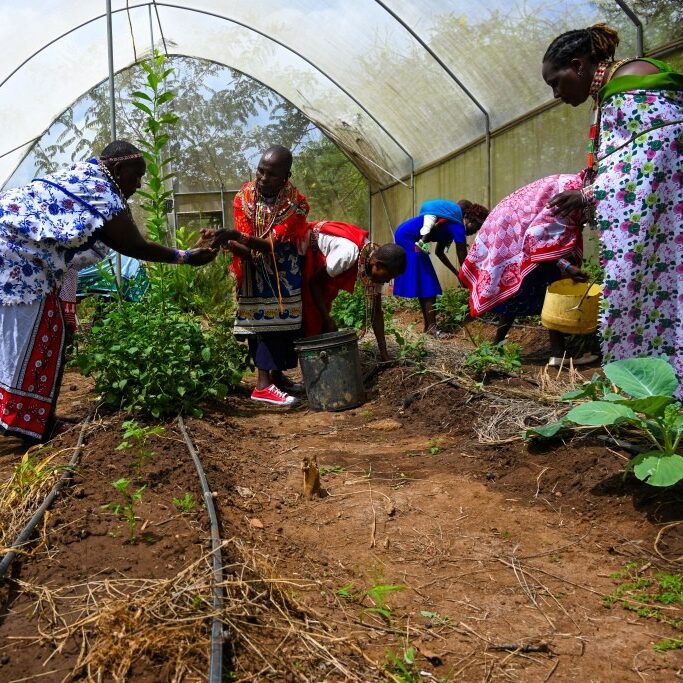
Nosotua
